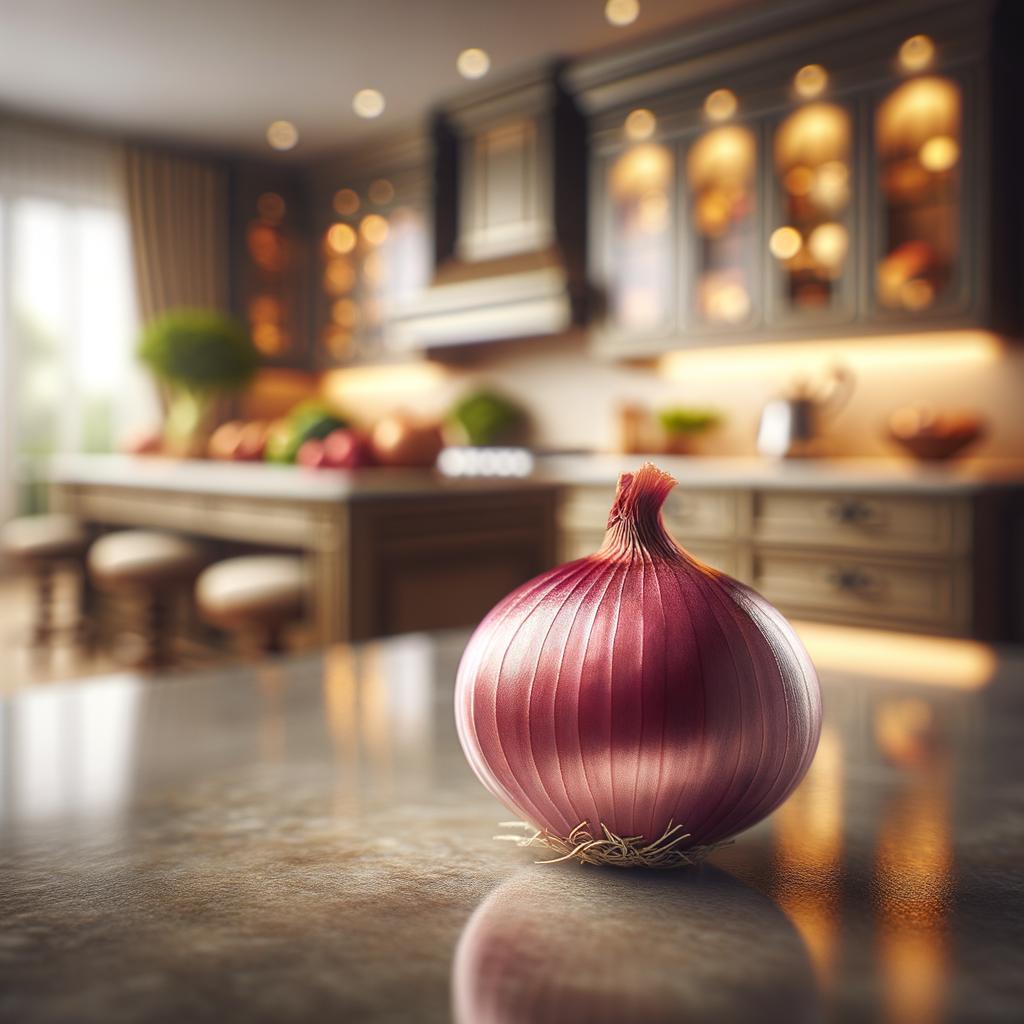Small Red Onion

Description
Meet the Small Red Onion, a vibrant and essential ingredient in the culinary world. This petite allium is a sight to behold, with its deep purple, almost burgundy outer skin that peels away to reveal layers of crisp, juicy flesh. It boasts a sharp, spicy flavor when raw, which mellows and sweetens beautifully when cooked, infusing dishes with a rich, complex flavor. What sets the small red onion apart from its onion kin is its high concentration of anthocyanins, the flavonoid responsible for its brilliant color, and a potent antioxidant known to have numerous health benefits.
Primary Uses
The small red onion is a versatile star in the kitchen. It's used raw in salads, salsas, and sandwiches, where its punchy flavor can shine. When cooked, it becomes a key component in a plethora of dishes across various cuisines, from the caramelized base of French onion soup to the pickled garnish on Mexican tacos. It's also a common ingredient in Indian curries, imparting a sweet, mellow taste. Beyond the culinary world, the small red onion has been used in traditional medicine for its antibacterial properties, and its vibrant color has even been used for natural dye.
History
The red onion has a rich and romantic history, dating back to ancient times. It was highly valued in Egypt, not just as a food, but also as a symbol of eternity, due to its circular shape and concentric rings. It was often placed in the tombs of pharaohs, as a token for the afterlife. Over time, its use spread across the globe, evolving with each culture's unique culinary traditions. In folklore, it's believed that placing a cut red onion in a room can absorb germs and disease, a testament to its enduring medicinal reputation.
Nutritional Information
Nutritionally, the small red onion is a powerhouse. It's packed with vitamin C, a potent antioxidant, and a good source of dietary fiber. It also contains a decent amount of vitamin B6, folate, and potassium. Its most notable nutritional attribute, however, is its high concentration of quercetin, a flavonoid with anti-inflammatory and antihistamine effects. Compared to white or yellow onions, red onions have a higher antioxidant content, making them a superior choice for those seeking to boost their nutritional intake. Consumption of red onions has been linked to reduced risk of heart disease and certain types of cancer, making this vibrant ingredient not just a feast for the taste buds, but a boon for health as well.

